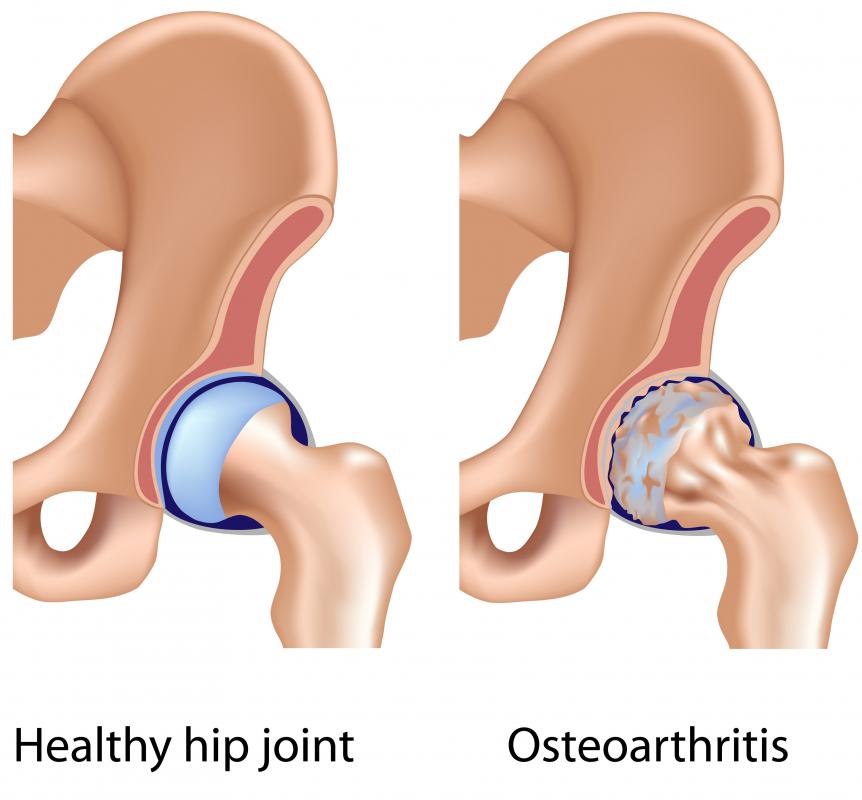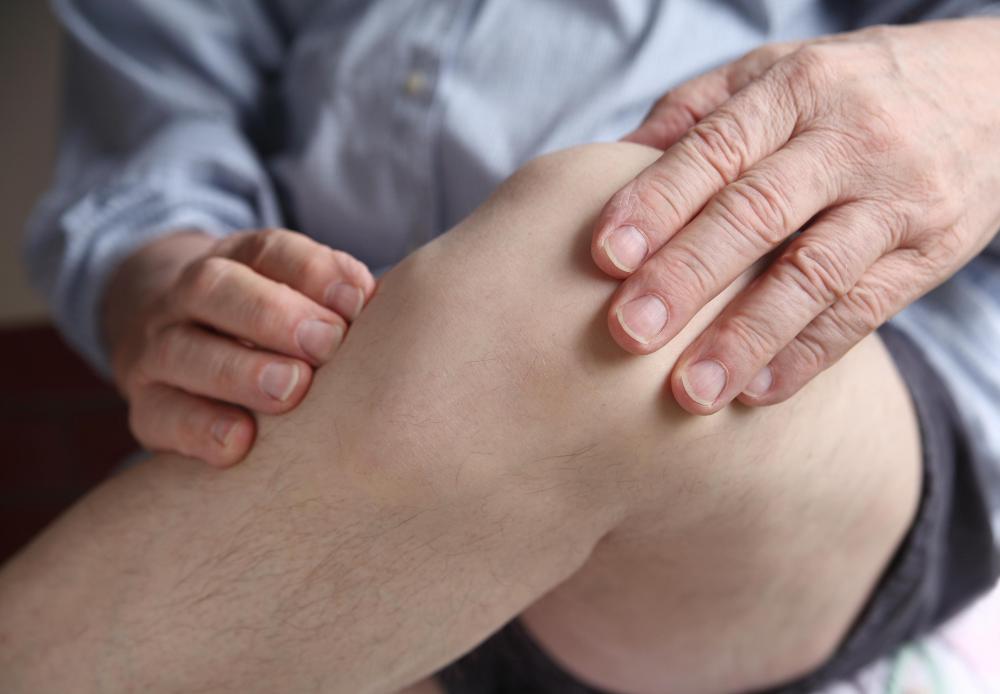At TheHealthBoard, we're committed to delivering accurate, trustworthy information. Our expert-authored content is rigorously fact-checked and sourced from credible authorities. Discover how we uphold the highest standards in providing you with reliable knowledge.
What Is Advanced Arthritis?
Advanced arthritis is a term used to describe later-stage arthritis. Affecting multiple joints simultaneously, advanced arthritis is considered a degenerative condition that requires long-term treatment to manage symptoms. Individuals with severe arthritis are placed on a multi-faceted treatment program that can include drug and physical therapies. In some cases, surgery may be necessary to repair joint damage.
Unfortunately, there is no single test for detecting arthritis. A physical examination of the affected area is initially performed. Subsequent testing can include blood and urine tests to check for markers indicative of inflammation. Imaging tests are conducted to evaluate the extent of inflammation and condition of the affected joint. If there is fluid buildup around the affected joint, a sample of the fluid may be collected for laboratory analysis.

There are several causes of arthritis. The most common trigger for arthritic symptoms is age-related wear and tear on the joints. The bones are naturally cushioned by cartilage, which allows the joints to move freely. Arthritis occurs when cartilage breaks down and the affected bones are allowed to grind against one another. This grinding in the joints causes soft tissue inflammation and fluid accumulation and impairs joint flexibility.

Initial signs of arthritis are stiffness in the joints, especially after prolonged periods of immobility. As arthritis progresses, individuals notice the affected joint may bulge, swell and feel warm to the touch. Although initial arthritic symptoms may affect a single joint, late-stage arthritis affects multiple joints at the same time.
Advanced arthritis can significantly impact one’s quality of life. Prolonged inflammation and cartilage degeneration can impair one’s ability to use the affected joint. For instance, if the hands or knees are affected, the person may be unable to hold items or walk with ease. Advanced arthritis can also cause crippling of the joints, ultimately making everyday functioning a near impossibility.

Managing arthritis can involve multiple approaches. Topical and oral medications designed to reduce inflammation are an essential part of treatment. Over-the-counter nonsteroidal anti-inflammatory drugs (NSAIDs) may be used to alleviate discomfort. Some people may opt to wear a splint to ease joint stress. Additional measures may include the use of cold or warm compresses and massage therapy.

Later-stage arthritis requires more aggressive therapy. Similar to rheumatoid arthritis, an autoimmune disorder where the body’s immune system attacks healthy joints, arthritis may also be treated with corticosteroid drugs that help suppress the immune system in an effort to alleviate inflammation. Consistent physical therapy is also utilized to promote joint flexibility.

When late-stage arthritis has caused joint deformity or crippling, surgery may be performed. In some cases, joint replacement may be an option to restore function. Joint fusion, another surgical treatment, involves removing the affected joint and reshaping nearby bones. Artificial support, such as pins, is introduced to keep the nearby bones in place while they fuse together.

Advanced arthritis is a diagnosis that carries the risk for significant complications over the long term. Individuals with widespread inflammation and joint deterioration experience chronic discomfort and may be unable to participate in everyday activities. With time, it is not uncommon for permanent disability to occur.
AS FEATURED ON:
AS FEATURED ON:

















Discuss this Article
Post your comments